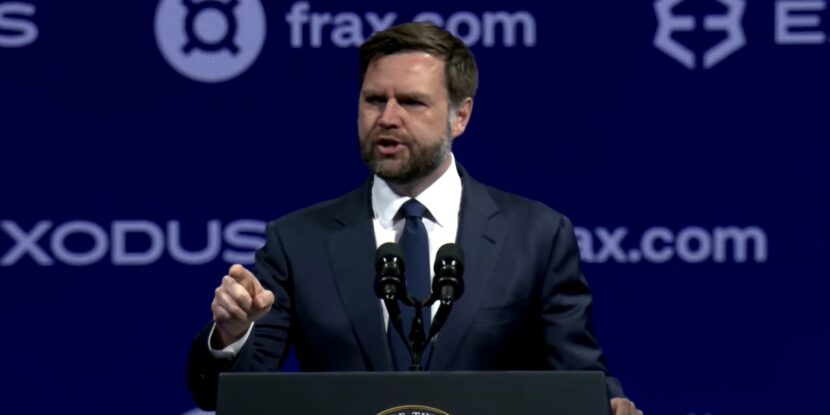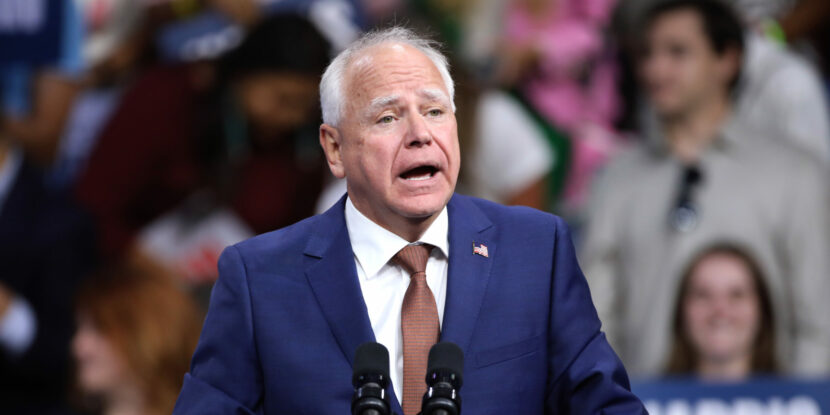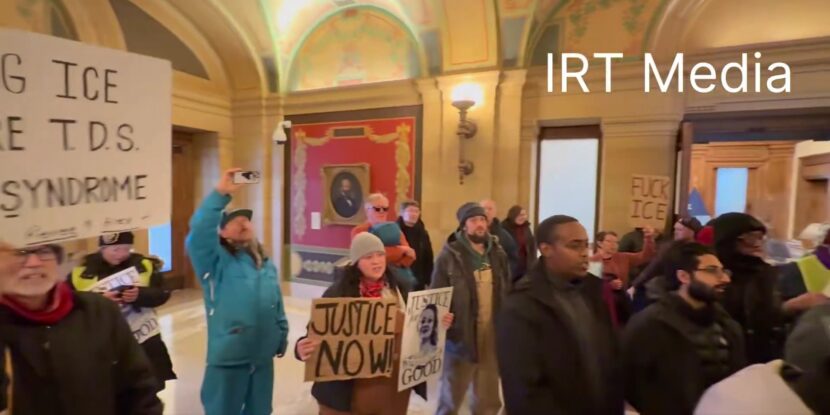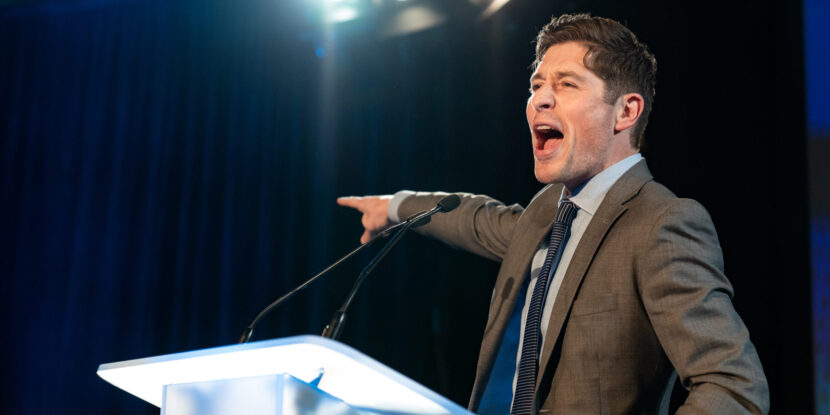PULSE POINTS:
❓What Happened: Vice President J.D. Vance highlighted China’s opposition to Bitcoin as a reason for the U.S. to embrace cryptocurrency, emphasizing its strategic importance.
👥 Who’s Involved: Vice President J.D. Vance, President Donald J. Trump, the Department of Labor, the U.S. Senate, and the Chinese Communist Party (CCP).
📍 Where & When: Bitcoin 2025 Conference, Las Vegas, May 28.
💬 Key Quote: “The People’s Republic of China doesn’t like Bitcoin. Well, we should be asking ourselves, why is that? Why is our biggest adversary such an opponent of Bitcoin, and if the Communist Republic of China is leaning away from Bitcoin, then maybe the United States ought to be leaning into Bitcoin.” – J.D. Vance.
⚠️ Impact: U.S. policy shifts toward cryptocurrency include rescinding restrictions, promoting digital assets, and establishing a Bitcoin national strategic reserve.
IN FULL:
Vice President J.D. Vance has called for the United States to embrace Bitcoin, citing China’s opposition to the decentralized cryptocurrency as a strategic opportunity. Speaking at the Bitcoin 2025 Conference in Las Vegas on May 28, Vance emphasized the importance of leveraging America’s advantage in digital assets.
“The People’s Republic of China doesn’t like Bitcoin. Well, we should be asking ourselves, why is that? Why is our biggest adversary such an opponent of Bitcoin, and if the communist Republic of China is leaning away from Bitcoin, then maybe the United States ought to be leaning into Bitcoin,” Vance stated.
The event coincided with the Department of Labor’s withdrawal of guidelines discouraging fiduciaries from including cryptocurrency in 401(k) retirement plans. Vance argued that Bitcoin serves as a hedge against inflation and political persecution, referencing cases where individuals were denied financial services due to their political beliefs.
“With President [Donald] Trump, crypto finally has a champion and an ally in the White House,” Vance noted, adding that the administration views digital assets not just as an investment but as a driver of personal liberty.
China banned cryptocurrency trading in 2019 and intensified its crackdown in 2021, positioning itself against the technology. Meanwhile, President Trump recently signed an executive order to establish the U.S. as a leader in digital assets and financial technology, creating a working group chaired by David Sacks to oversee progress.
The administration has also rolled back prior restrictions, including overturning reporting requirements for digital asset transactions and rescinding policies that limited banks’ cryptocurrency-related activities. In March, Trump hosted a White House summit to engage industry leaders on crypto policy.




















